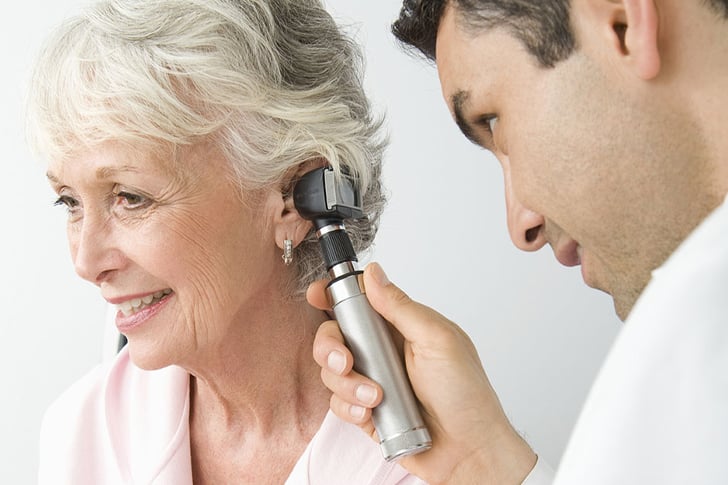Maintaining good auditory health is crucial. This guide offers expert advice on utilizing hearing aids and the importance of regular hearing tests.

Good auditory health is essential for effective communication, social interaction, and overall well-being. Neglecting it can lead to cognitive decline, social isolation, and reduced quality of life. Here's how to prioritize and maintain optimal auditory health.
Just like regular dental or vision check-ups, regular auditory health check-ups are vital. Schedule a visit with an audiologist at least once a year, especially if you are over the age of 50 or notice changes in your hearing.
One of the simplest ways to maintain auditory health is to protect your ears from loud noises. Wear earplugs in noisy environments, limit the volume on personal audio devices, and give your ears regular breaks from constant noise.
Hearing aids are sophisticated devices that can significantly enhance auditory health by amplifying sound and making communication easier. Here's what you need to know about them.
These devices sit behind the outer ear and are suitable for all ages and levels of hearing loss.
Custom-fitted to sit inside the outer ear, these aids are less visible and ideal for mild to severe hearing loss.
These are smaller and fit inside the ear canal. They are less visible but typically suitable for mild to moderate hearing loss.
These offer a more natural sound experience and are great for mild to moderately severe hearing loss.
Selecting the right hearing aid depends on several factors including the degree of hearing loss, lifestyle, and personal preferences. Consulting with an audiologist can help identify the very suitable option.
Use a soft, dry cloth to clean the hearing aids daily. Avoid using water or cleaning agents.
Regularly check and replace the batteries. Keep a supply of spare batteries on hand.
Keep hearing aids away from moisture. Consider using a hearing aid dehumidifier.
Regularly visit your audiologist to ensure your hearing aids are working properly and to make any necessary adjustments.
A hearing test is a diagnostic tool that assesses your hearing ability and identifies any issues that need to be addressed.
Regular testing is recommended for individuals over the age of 50.
If you experience difficulty hearing conversations, frequently need to increase the volume on devices, or have persistent ringing in your ears (tinnitus), it’s time to get tested.
After exposure to loud noises, a hearing test can help assess any potential damage.
Discuss your hearing history, any exposure to loud noises, and any symptoms you've experienced.
You will listen to a series of tones through headphones and indicate when you hear them. This tests different pitches and volumes.
This evaluates your ability to hear and repeat words at different volumes. It can determine the level of speech discrimination.
This assesses the function of the middle ear and can identify issues such as fluid buildup or eardrum perforation.
After the hearing test, the audiologist will explain the results and suggest potential treatments, which may include hearing aids or other auditory health strategies.
Effective auditory health involves a combination of using hearing aids and practicing healthy hearing habits.
Wear hearing aids consistently as recommended by your audiologist, even in quiet settings, to help your brain adjust to amplified sounds.
Engage in conversation-driven activities and listening exercises to enhance your auditory skills.
Maintain a healthy lifestyle, as conditions like hypertension and diabetes can negatively impact your hearing.
Your auditory health is an integral part of your overall well-being. Regular hearing tests, choosing the right hearing aids, and adopting ear-protection strategies can significantly improve the quality of your life. Stay proactive and consult with a healthcare professional to keep your hearing at its top.
Understanding Sme Neobank Impact

Exploring Webbank and Its Competitors

Discover Westminster Plaza Orlando

Discover Heartis Eagle Mountain Elegance

Westminster Plaza Orlando: A Comprehensive Guide

Transforming Banking with Sme Neobank

Discovering Westminster Plaza Orlando

Discovering Westminster Plaza Orlando

Life Insurance for Seniors: Maximizing Coverage and Benefits
